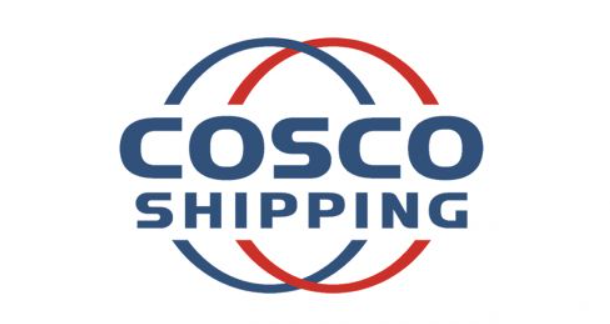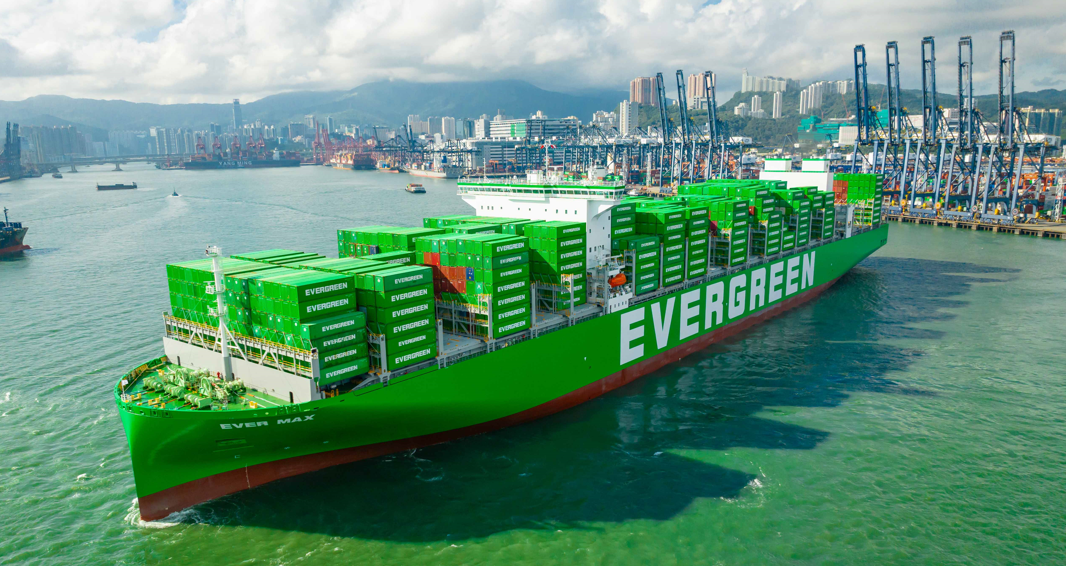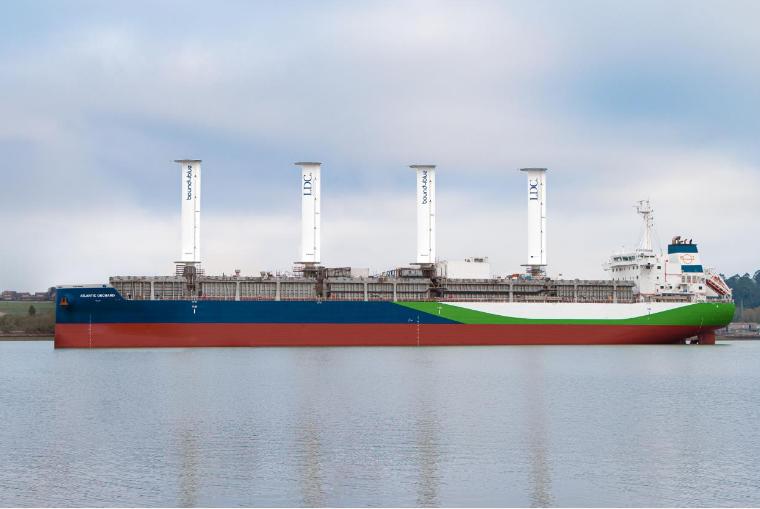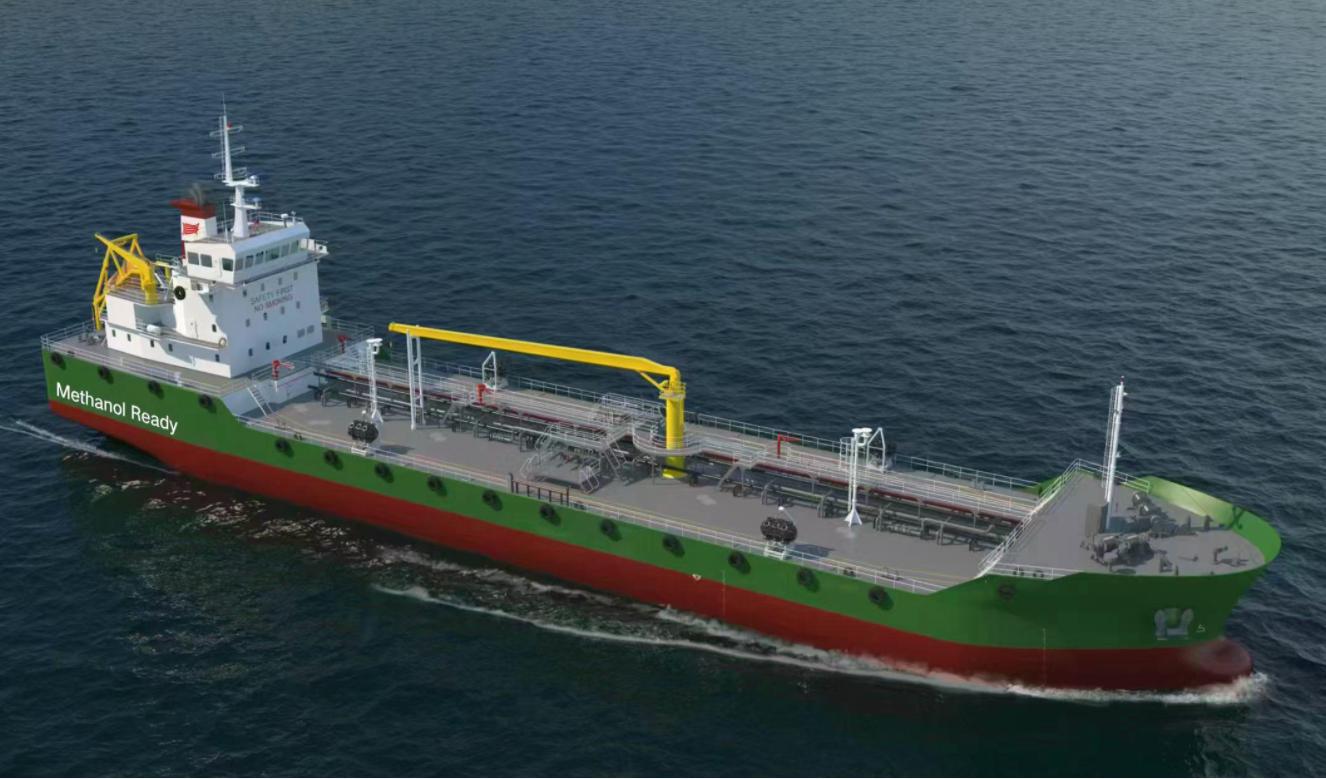To decarbonize the marine industry, changes are needed both on board and beyond. As part of reducing carbon footprint throughout the equipment supply chain, Alfa Laval and SSAB are targeting the first plate heat exchanger made using fossil-free steel.
Alfa Laval has signed an agreement with SSAB, the global Swedish steel company, to collaborate on the development and commercialization of the world’s first plate heat exchanger to be made using fossil-free steel. The goal is to have the first unit made with hydrogen-reduced steel ready for 2023. The collaboration is also an important step in Alfa Laval’s journey to become carbon neutral by 2030 – the same time frame set by IMO for a 40% reduction in carbon emissions from shipping.
Global steel production accounts for 7% of the world’s carbon emissions. With a leading position in high-strength steel, SSAB’s upcoming fossil-free steel made with HYBRIT technology will be a breakthrough for the industry as it transitions to more sustainable operations. The impact of fossil-free steel will be significant in Alfa Laval marine plate heat exchangers, which can be found on countless vessels worldwide.
Alfa Laval’s heat exchanger portfolio – the industry’s widest – includes plate heat exchangers that are suitable for both traditional and alternative fuels. Excelling in applications from engine and lube oil cooling to LPG cargo condensing and fuel cells, they possess innovative features that create an all-new level of reliability. Besides saving time and effort during maintenance, their design minimizes fouling and maximizes heat transfer capabilities, which ensures the highest possible energy efficiency with a very small footprint.
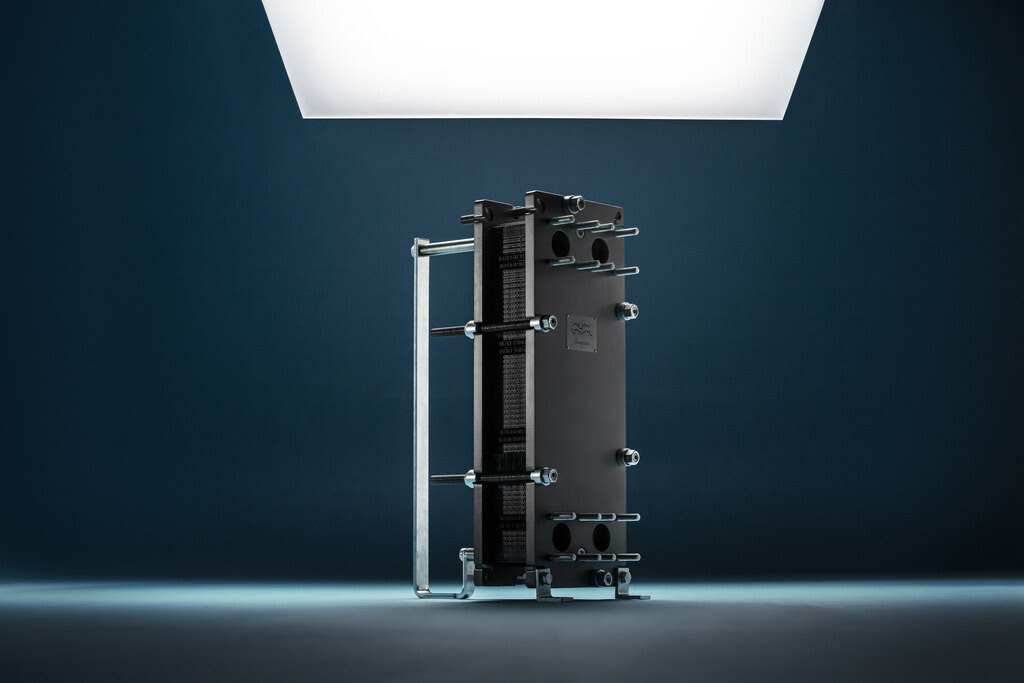
“Our marine plate heat exchangers are already key to decarbonizing on board, thanks to their superior level of energy efficiency,” says Peter Nielsen, President, Alfa Laval Marine Separation & Heat Transfer Equipment. “Through our collaboration with SSAB, we will minimize their total carbon footprint. Manufactured with fossil-free steel, plate heat exchangers will be as smart in production as they are in operation.”

“Our marine plate heat exchangers are already key to decarbonizing on board, thanks to their superior level of energy efficiency,” says Peter Nielsen, President, Alfa Laval Marine Separation & Heat Transfer Equipment. “Through our collaboration with SSAB, we will minimize their total carbon footprint. Manufactured with fossil-free steel, plate heat exchangers will be as smart in production as they are in operation.”
Martin Lindqvist, President and CEO of SSAB says: “We’re proud to welcome Alfa Laval as a partner and look forward to jointly exploring ways forward to mitigate climate change. With this collaboration we´re reaching new segments, and hopefully inspiring a whole new range of customers.”
Source: Alfa Laval
Source: Alfa Laval
The opinions expressed herein are the author's and not necessarily those of The Xinde Marine News.
Please Contact Us at:


